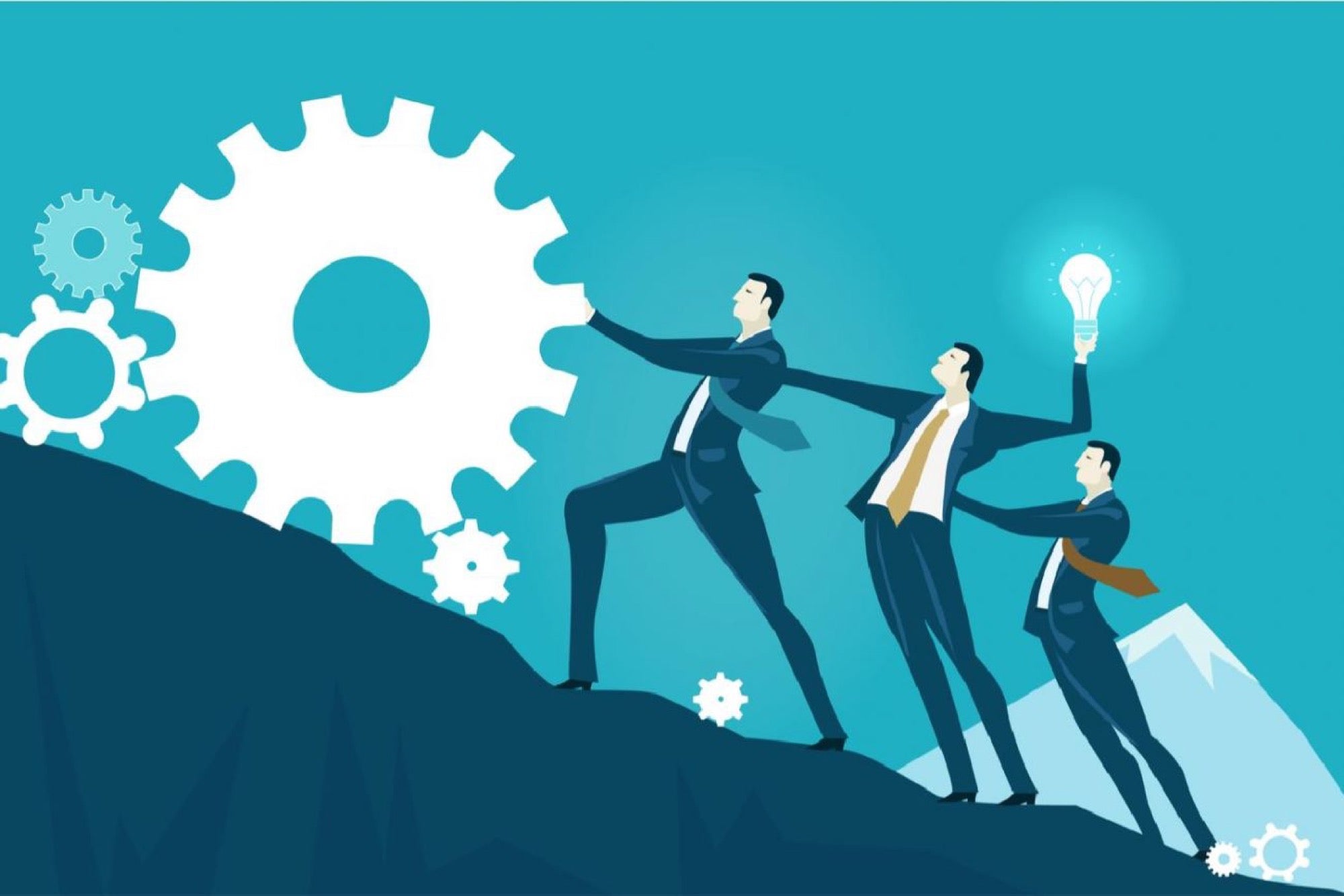Are Employees Assets? Folks, an employee could be the Rolls Royce amongst employees, but what is paid to her is similar to hire charges
By Anil Lamba
Opinions expressed by Entrepreneur contributors are their own.
You're reading Entrepreneur India, an international franchise of Entrepreneur Media.

There is a perception that learning to make Balance Sheets and Profit and Loss Statements can be very complicated and needs years of training and practice. To a certain extent that is correct.
But I have a simpler way by which in two to three minutes I can teach you how to make these statements.
The Two Important Things:
All you really need to understand is that a Profit and Loss Statement reveals "expenses' and "incomes' and Balance Sheets list out "assets' and "liabilities'.
These two statements are the end result of the entire accounting process, which captures every financial transaction that takes place over a certain period.
This tells you that if every financial transaction that is recorded must eventually appear either on the face of the Profit and Loss Statement or the Balance Sheet, and, between them, all these statements reveal are expenses and incomes and liabilities and assets, then every financial transaction must eventually get classified under one of these four headings.
Once you understand this, making these financial statements becomes very simple. All you need to do is to look at the transaction the moment it occurs, choose the relevant head and place it accordingly.
Making the Process Lucid:
The process can be made even simpler, when you realize that all transactions, by a large, involve either an inflow or an outflow of money. If money has been spent you actually need to choose between "expenses' and "assets' and if money has been received it will be either "income' or "liability'.
When is money received income and when it is a liability is relatively easier to determine. But choosing between expenses and assets can be a little more complicated.
But I will not delve further into that discussion since the objective of this article is to discuss something else.
A question I'm often asked during in-company training programs by participants is:
"Anil, you've told us that Balance Sheets have assets and liabilities, and we the employees of this organization are its biggest assets, then why does our name not appear on its Balance Sheet?"
I can give a long answer to this question, which will also include discussing the contentious point that if some employees must appear on the assets' side then there may be others who should be listed on the liabilities' side. But I have a shorter version of this answer too.
When an employee asks me, "Why does my name not appear on the assets' side?", I have a counter-question for the employee. My question is, "Tell me if you purchase a car for yourself, where would you show the cost of the car?"
Probably the answer I receive is "As an asset on the Balance Sheet."
"And if you hire the car, where would you show the hire charges?"
"As an expense on the P&L statement".
My next question then is "Has this company purchased you or have they hired your services?"
Folks, an employee could be the Rolls Royce amongst employees, but what is paid to her is similar to hire charges.
In day-to-day conversations, words like "assets' are used in a colloquial sense. Which is why in HR-jargon and in motivational speeches it is very well to say that employees are an organization's biggest assets. But when one realizes that it is not the "employee' per se, but the "cost of the employee' that is in question, from an accounting perspective, it will always be shown as an expense.












